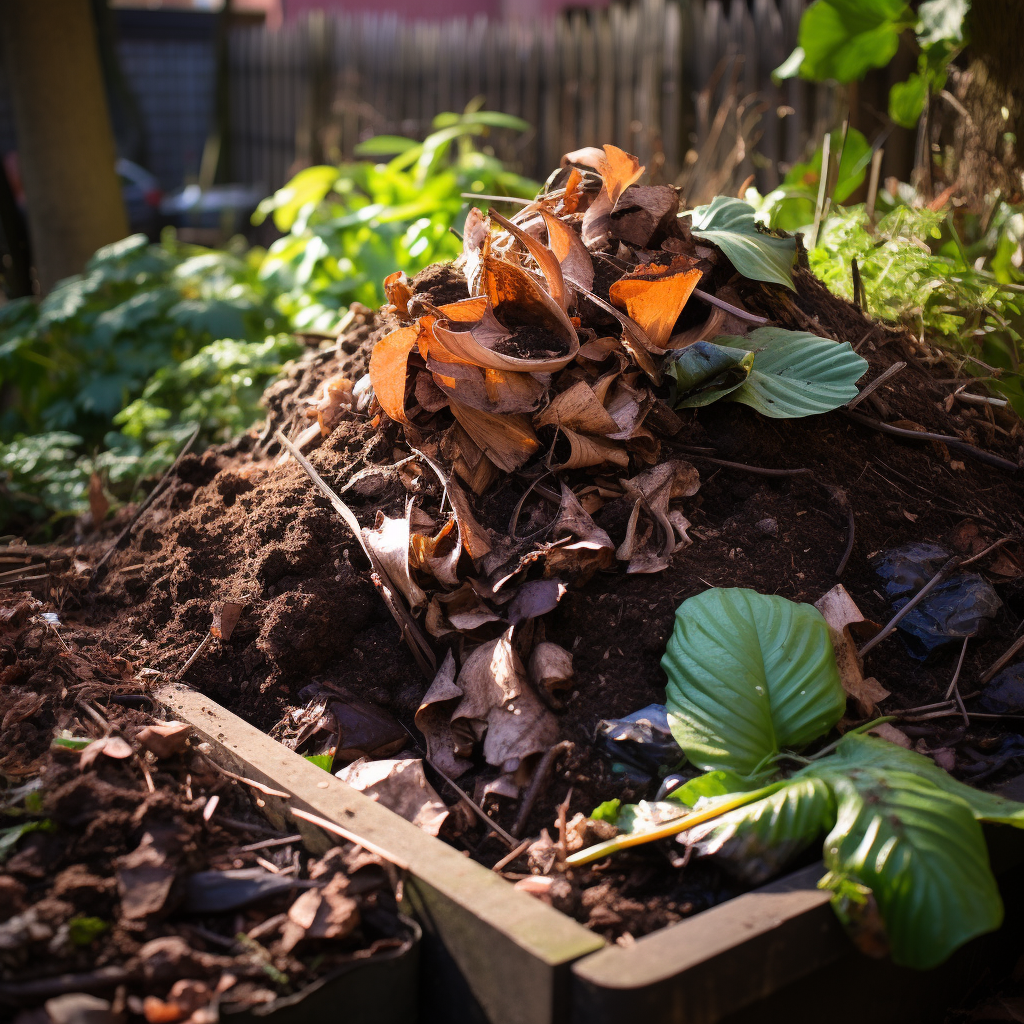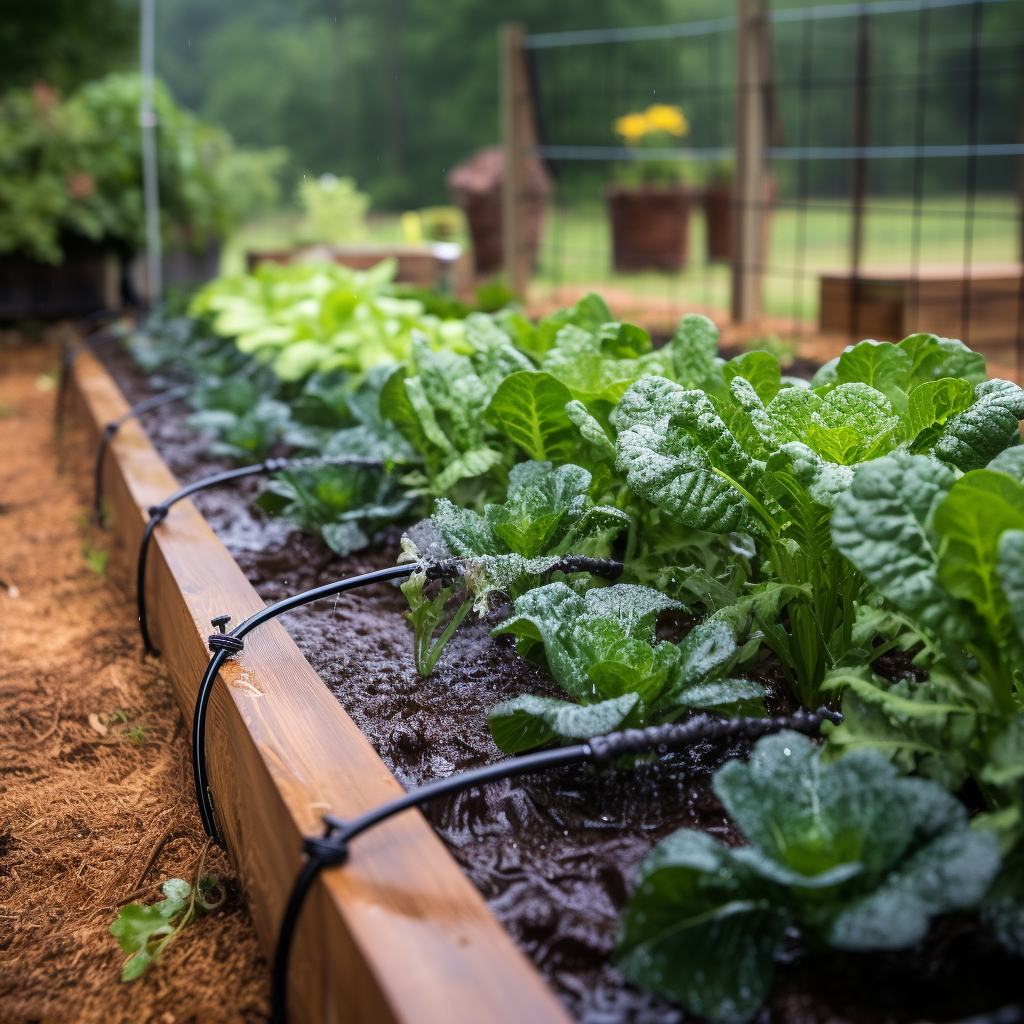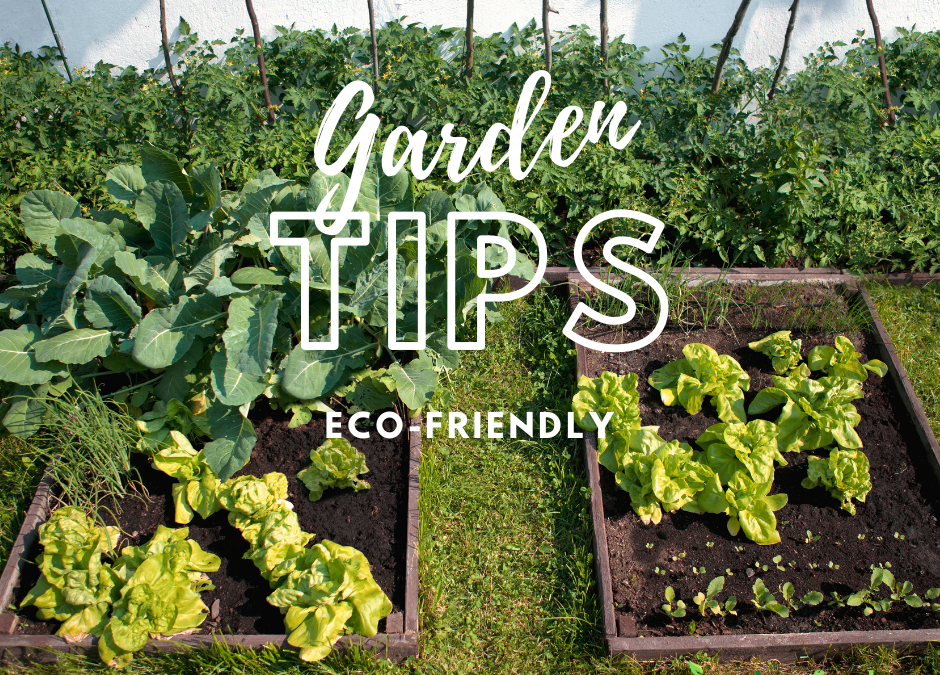Gardening is not just about planting seeds and watching them grow; it’s a holistic practice that encompasses caring for the earth as much as it is about nurturing plants. As conscious gardeners, we’re always seeking ways to marry our love for lush, verdant gardens with sustainable practices that are gentle on our planet. In this quest, adopting eco-friendly gardening techniques is pivotal. Here, we delve into top tips that promise a flourishing garden while preserving nature’s delicate balance.
Composting – Nature’s Gold
Composting is akin to striking gold in eco-friendly gardening. By transforming kitchen scraps and yard waste into nutrient-rich soil, you’re not only reducing waste but also enriching your garden’s soil organically. It’s a win-win! Compost enhances soil texture, provides a buffet of nutrients for your plants, and increases the soil’s ability to retain water, reducing the need for frequent watering.

Want to know more about what should and should not go in your compost pile? Read this great article here from Iowa State University Extension and Outreach.
Natural Pest Control – Mother Nature’s Army
Pesticides? Let’s swap those with natural alternatives that are equally effective and far kinder to the environment. Introducing beneficial insects like ladybugs and lacewings can keep pest populations in check. Similarly, companion planting, where certain plants are grown together to complement and protect each other, can deter pests. For instance, planting basil near tomatoes can repel mosquitoes and flies, offering a natural protective shield.

Water Conservation – Every Drop Counts
Water is the lifeblood of a garden, yet conserving this precious resource is crucial. Collecting rainwater is a practice as old as time and remains one of the most effective ways to water your garden sustainably. Implementing drip irrigation systems or soaker hoses can ensure water is delivered directly to the plant’s roots, minimizing waste. Moreover, mulching around plants not only suppresses weeds but retains soil moisture, reducing the need for frequent watering.

Creating a garden that’s lush, productive, and eco-friendly isn’t just a dream – it’s entirely achievable with a dash of dedication and a sprinkle of knowledge. As we adorn our green spaces with plants, let’s also sow the seeds of sustainability. After all, every flower, herb, and vegetable that springs from earth, nurtured by eco-friendly practices, is a testament to a harmony between man and nature, a melody where every note resonates with respect, care, and enduring love for our planet.
Happy gardening!


Recent Comments